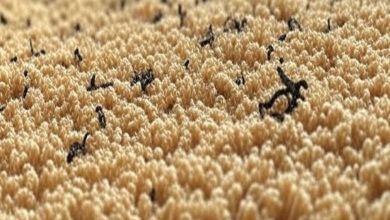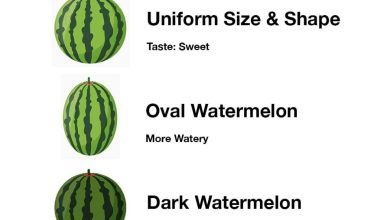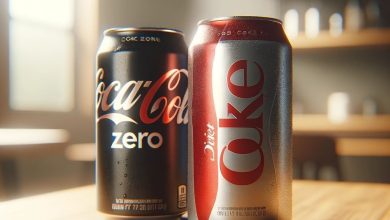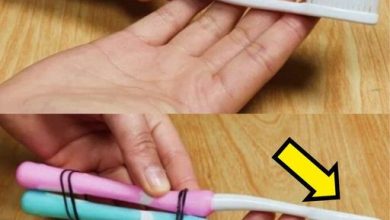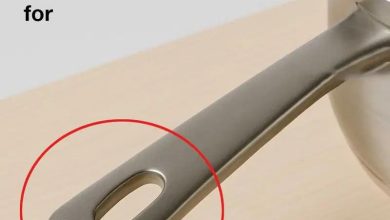Surprising Drinks That Could Be Harming Your Liver (Beyond Alcohol)
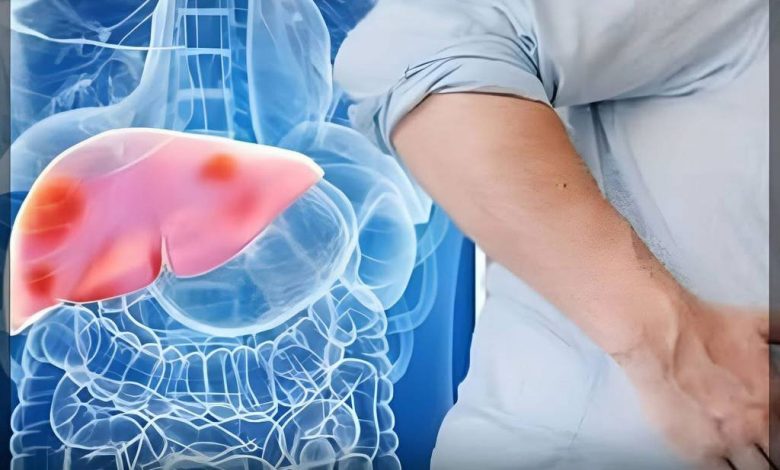
The liver is an incredibly important organ that plays a vital role in keeping our bodies healthy. It helps with many essential functions, such as digesting food, removing harmful substances, storing nutrients, and controlling cholesterol levels. When people think about things that can harm the liver, alcohol is usually the first thing that comes to mind. However, new research suggests that some common food and drinks, which might seem harmless, could actually be just as damaging to our liver as alcohol.
ADVERTISEMENT
Recently, medical experts have become more aware of a condition called “nonalcoholic fatty liver disease” (NAFLD) and a more serious form of it called “nonalcoholic steatohepatitis” (NASH). These conditions are quickly becoming some of the most common chronic liver diseases around the world.
ADVERTISEMENT
Nonalcoholic fatty liver disease (NAFLD) affects a significant portion of the world’s population, impacting between 20% and 30% of people globally. Its occurrence is rising steadily, especially as rates of obesity and other metabolic problems like type 2 diabetes also increase. NAFLD covers a range of liver issues that are mainly connected to metabolic problems, including being overweight, having unhealthy fat levels in the blood, and experiencing insulin resistance (where the body’s cells don’t respond well to insulin).
ADVERTISEMENT
The main reasons NAFLD develops are the accumulation of fat in the liver and inflammation of the liver. More and more evidence shows that beverages high in sugar, such as sodas, fruit juices, and energy drinks, can overload the liver with sugar, particularly a type of sugar called fructose. This overload can lead to fat building up in the liver and cause inflammation. Health experts warn that regularly drinking sugary beverages like sodas and sweetened teas can worsen liver damage and increase the risk of more serious problems, such as cirrhosis (severe scarring of the liver) and even liver cancer.
Below, we will explore five common foods and drinks that could potentially harm your liver as much as alcohol.
1. Drinking Too Much Fruit Juice
Even though fruit juice is often thought of as a healthy option, drinking too much of it can be risky for your liver. Many store-bought juices contain a lot of fructose, which is a type of sugar that the liver has to process. Unlike whole fruits, juice doesn’t have fiber. This lack of fiber causes blood sugar levels to rise very quickly, putting a heavy burden on the liver.
Over time, the liver transforms this extra fructose into fat through a process called lipogenesis, leading to fat buildup and a higher risk of non-alcoholic fatty liver disease (NAFLD). Research suggests that drinking a moderate amount of fruit juice (up to two servings per week) might not be harmful. For better liver health, it’s generally a good idea to “swap fruit juices for whole fruits whenever possible.” Whole fruits provide fiber, which slows down sugar absorption and is much better for your liver.
2. Sweetened Tea Drinks
Many pre-bottled or ready-made iced teas contain a lot of added sugars, often in the form of high-fructose corn syrup. These sugars contribute to the same kind of fat accumulation in the liver that is seen with sodas and juices, which increases the risk of developing NAFLD. To avoid unnecessary sugar, it’s best to “brew your own tea and sweeten it lightly with honey or stevia.” Honey is also packed with antioxidants and is a sweetener that can help manage blood sugar and cholesterol levels.
3. Energy Drinks
Energy drinks are well-known for having high amounts of caffeine and sugar. They often also contain herbal stimulants that can put even more stress on the liver. Studies have shown that regularly consuming energy drinks can cause liver enzymes to increase, which is a sign of potential liver damage. “The American Academy of Pediatrics strongly advises that children and adolescents avoid these beverages,” noting their connection to obesity, high blood pressure, and fatty liver disease. Energy drinks are particularly concerning because of “their capacity to disrupt liver function and overall metabolic health.”
4. Sports Drinks
While sports drinks are advertised to help with hydration and replacing electrolytes, most of them are loaded with significant amounts of sugar and excessive quantities of fat-soluble vitamins like vitamins A, D, E, and K. Although sports drinks can provide useful minerals for people involved in intense physical activity (like athletes), regular consumption by non-athletes can promote fat accumulation in the liver.
The liver can only absorb a limited amount of minerals and nutrients. After that, it has to work extra hard to convert the excess minerals, sugars, and vitamins into fat, which can lead to NAFLD. Limiting sports drinks to times when they are genuinely needed, such as after long periods of intense exercise, can help protect your liver from an unnecessary overload of sugar and vitamins.
5. Soda (Regular & Diet)
Regular sodas are a clear contributor to liver problems, as they deliver large amounts of sugar that lead to fat buildup in the liver and NAFLD. Even diet sodas, which often contain artificial sweeteners, have been linked to metabolic changes that could negatively impact the liver. According to recent studies, “excessive intake of artificial sweeteners in diet sodas may promote insulin resistance and fat deposits in the liver,” especially in people who have other risk factors. Both regular and diet sodas can disrupt metabolic health and should be consumed only occasionally, if at all.
Protecting Your Liver Starts with What You Drink
Your liver works tirelessly to filter out toxins, process nutrients, and maintain your overall health. However, drinks that are worst for your liver, especially those loaded with added sugars, artificial sweeteners, or stimulants, can seriously harm its function. Regularly drinking sugary sodas, energy drinks, and sweetened teas contributes to fat accumulation and inflammation, increasing your risk of non-alcoholic fatty liver disease (NAFLD) and even cirrhosis. The good news is that liver damage is often reversible with changes to your diet. To support liver repair, it’s important to “prioritize water, unsweetened teas, and whole foods rich in antioxidants and fiber.” Making these healthy choices can go a long way in keeping your liver strong and healthy.
